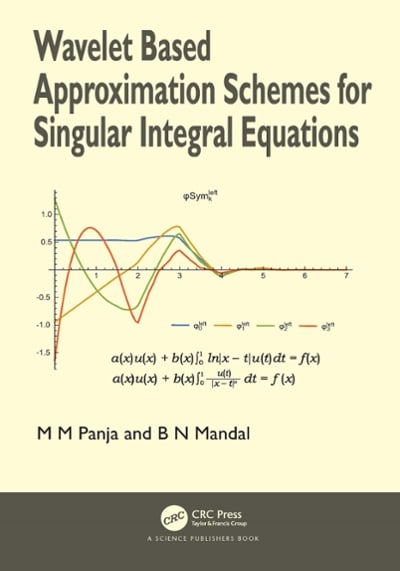Question
D. We are now about to conduct an experiment where 1,000 random samples of size n = 100 are taken from a Bernoulli population with
D. We are now about to conduct an experiment where 1,000 random samples of size n = 100 are taken from a Bernoulli population with p = .04. For each sample we will compute the sample proportion p and the confidence limits for the normal theory 95% confidence interval estimate of p. We will
then count how many of the intervals covered the population parameter p = .04.
We generate the counts x for the 1,000 random samples of size n = 100 directly as follows. Use Data > Generate Random Data with "Binomial" distribution selected to get 1,000 x's (stored in 1 column, 1000 rows) generated from the binomial distribution with 100 trials and event probability of 0.04 and rename the new column xgen2. Use Data > Formula to determine the sample proportions p = x/100; specifically, calculate the
expression xgen2/100 and rename the new column pgen2.
Use Data > Formula to calculate the LCL and the UCL based on sample size n = 100 and the sample
proportions p that are stored in Column pgen2. For LCL, calculate the expression pgen2 - 1.960*( pgen2*(1- pgen2)/100)^.5 and rename the new column LCL2. In a similar manner, calculate the UCL's using expression pgen2 + 1.960*( pgen2*(1 - pgen2)/100)^.5 and rename UCL2.
Copy the values xgen2, pgen2, LCL2 and UCL2 from your first 10 CI's of your MTB computer worksheet into columns 2 - 5 of Table 2 below and indicate in column 6 whether the CI covers the population rate p = .04. (Use two decimal places for pgen2 and three decimal places for LCL2 and UCL2.)
Table 2. CI results for p = .04 (n = 100)
Normal theory CI
Sample xgen2 pgen2 LCL2 UCL2 Cover .04? (Yes or No)
1
2
3
4
5
6
7
8
9
10
For the first row of Table 2, enter the values as responses to questions 17 and 18:
17. xgen2=______________
18. pgen2=______________
19. Out of the first 10 intervals recorded in Table 2, how many cover .04?___
Now we will check all 1,000 samples to see in how many cases the CI covers p = .04. Use Data > Formula and the statement sum(LCL2 < .04 and .04 < UCL2) to determine the number of CI's that covered p. Rename the resulting column Coverage2. Express the result as a percentage.
20. Coverage=____________ For LON-CAPA submission, enter a number between 0 and 100 without % symbol.
Step by Step Solution
There are 3 Steps involved in it
Step: 1

Get Instant Access to Expert-Tailored Solutions
See step-by-step solutions with expert insights and AI powered tools for academic success
Step: 2

Step: 3

Ace Your Homework with AI
Get the answers you need in no time with our AI-driven, step-by-step assistance
Get Started


